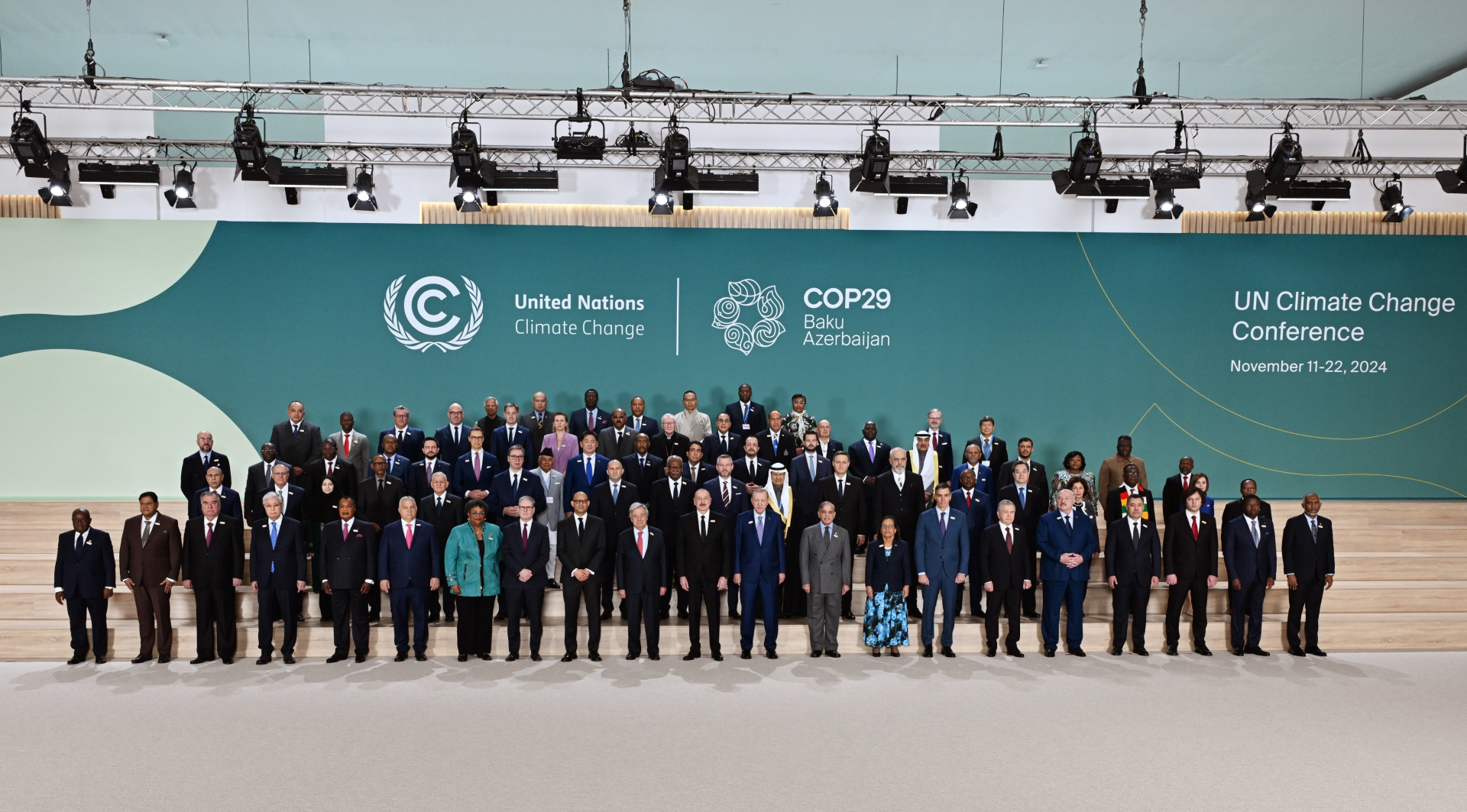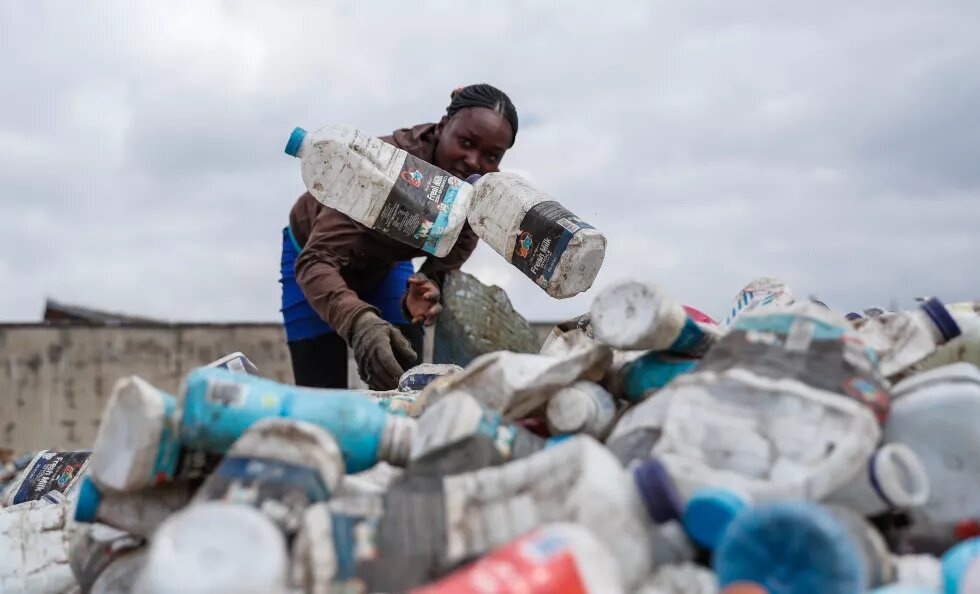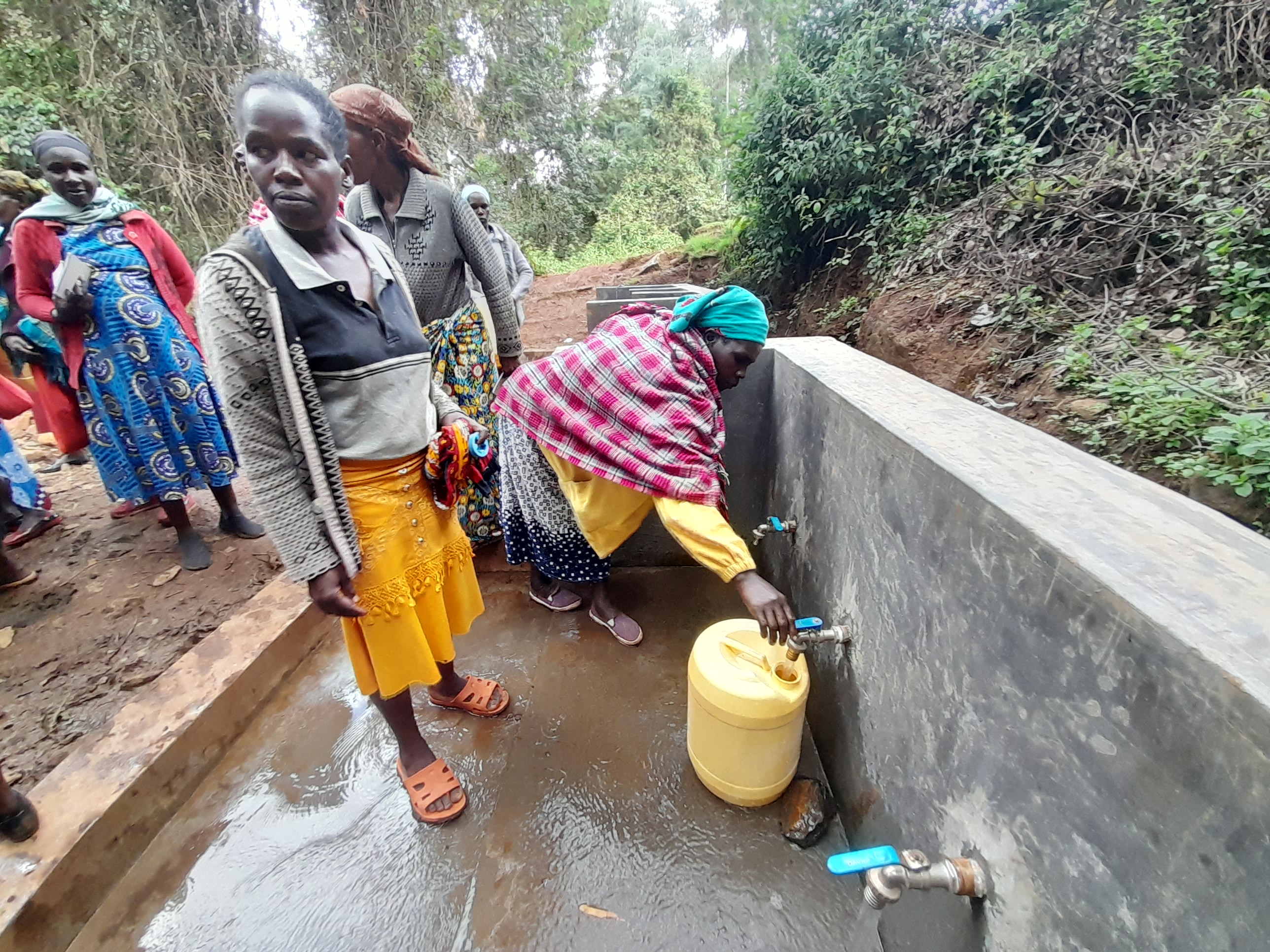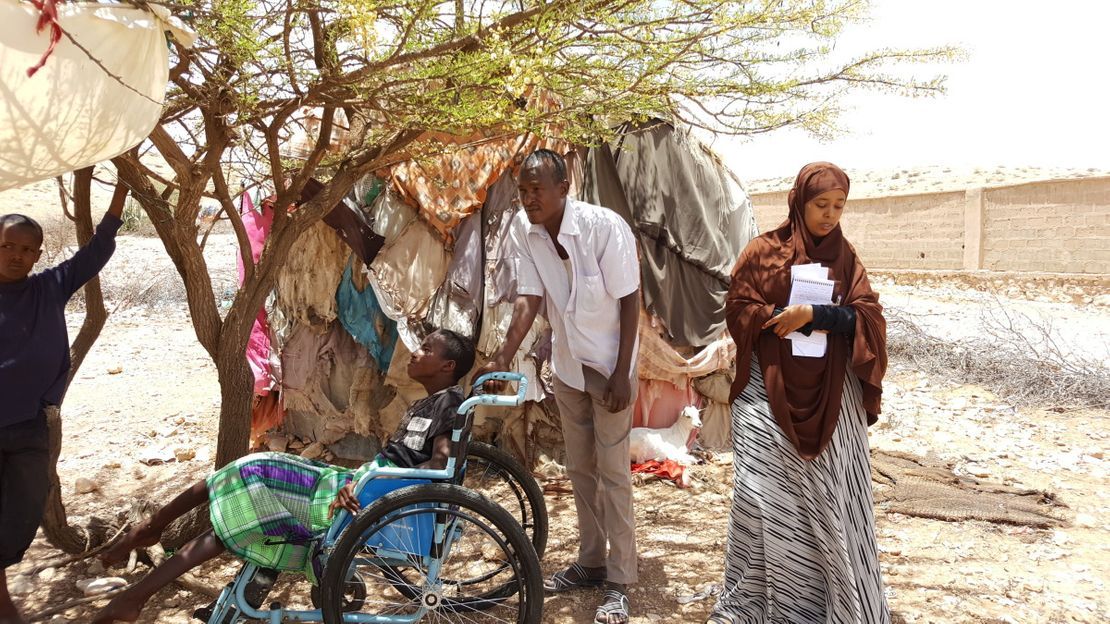- First of all, some members of the Group of 20 (G20) were missing. For context, the G20 comprises 19 countries that represent around 85% of the global GDP, over 75% of global trade, and about two-thirds of the world’s population.
The 12 days of global climate talks end on November 22, 2024. Despite climate change being a global crisis, much remains to be done for climate action to become a reality. I’m not suggesting that nothing emerged from the global summit; rather, it’s about the countries that were present and their impact on significant events like COP29.
First of all, some members of the Group of 20 (G20) were missing. For context, the G20 comprises 19 countries that represent around 85% of the global GDP, over 75% of global trade, and about two-thirds of the world’s population.
Notably, Chinese President Xi Jinping, US President Joe Biden, and Indian Prime Minister Narendra Modi are among the G20 leaders who skipped the event.
Similarly, 13 of the world’s largest carbon dioxide emitters were absent. These nations are responsible for more than 70% of 2023’s heat-trapping gases, including China, the United States, India, and Indonesia.
COP29, dubbed the ‘Finance COP,’ had a primary agenda of determining financing for developing, climate-vulnerable countries to combat climate change. Expectations are that by the end of COP29 (November 22, 2024), developed nations will lead in providing $250 billion per year by 2035 to assist poorer nations in addressing climate issues.
Read More
This decision has not yet been finalized due to disagreements among the attending countries. Developed nations argue that the amount is too costly, while poorer and developing countries are advocating for more. The lack of unity in climate discussions regarding financial matters sends a distressing message: climate action may not be a priority for most developed countries.
I’m not saying that these talks have yielded no results. Various nations present at the summit have pledged to take climate action. The COP29 presidency (Azerbaijan) has set a target of increasing renewable power capacity by 30% by 2030 while simultaneously reducing greenhouse gas emissions by 2050. Additionally, Kenya has secured 660 million shillings from the UK government to enhance its weather and climate information services.
Keen observations from climate enthusiasts indicate that the world is not yet prepared to tackle the climate crisis. With this in mind, the upcoming COP16 in Riyadh, Saudi Arabia, should not emulate COP29.




-1749035918.jpg)


